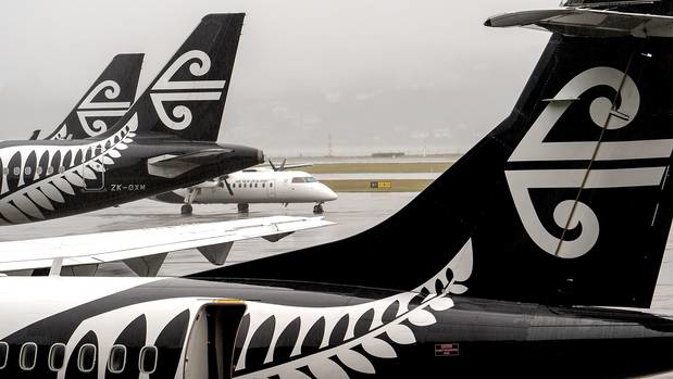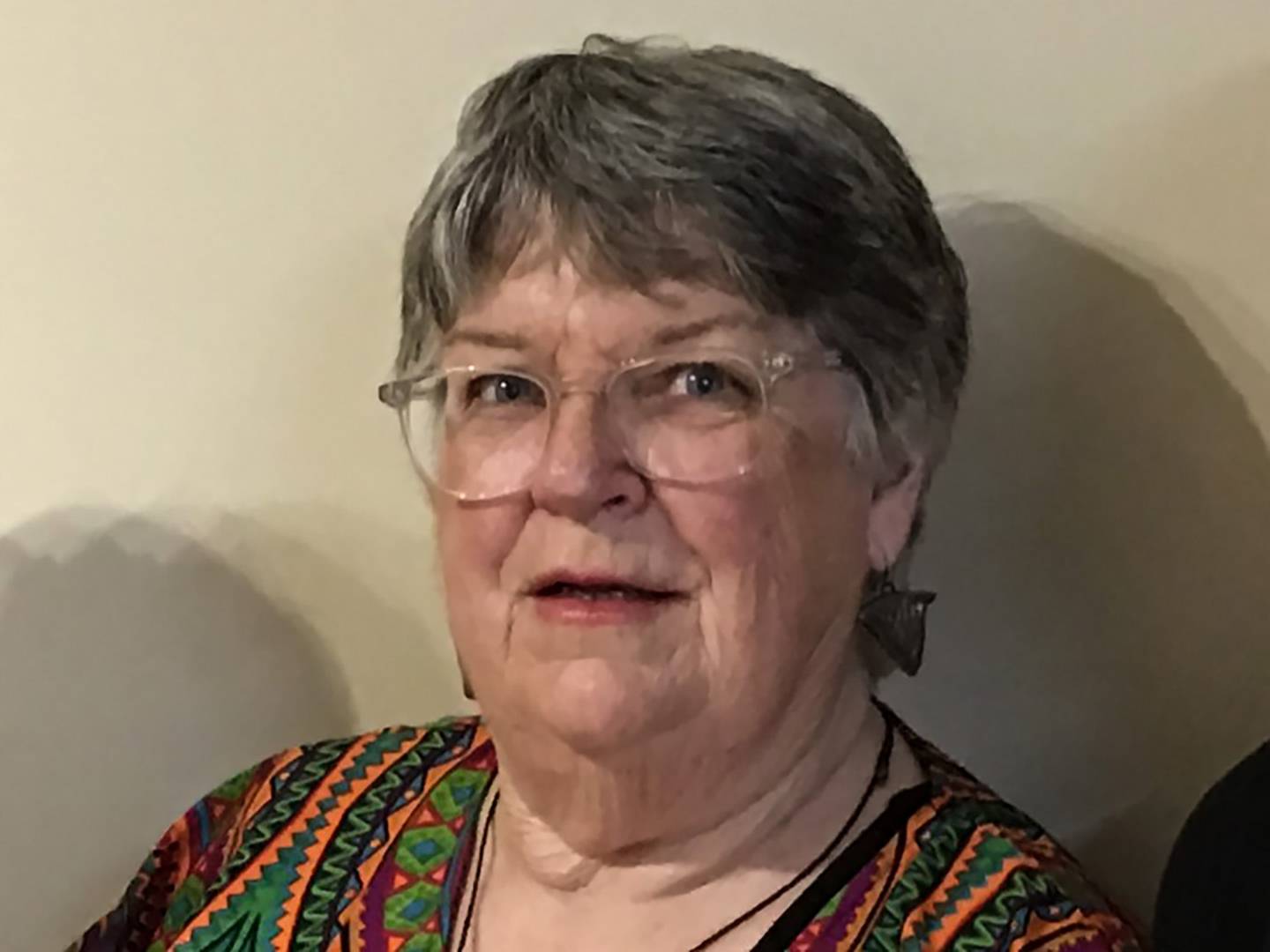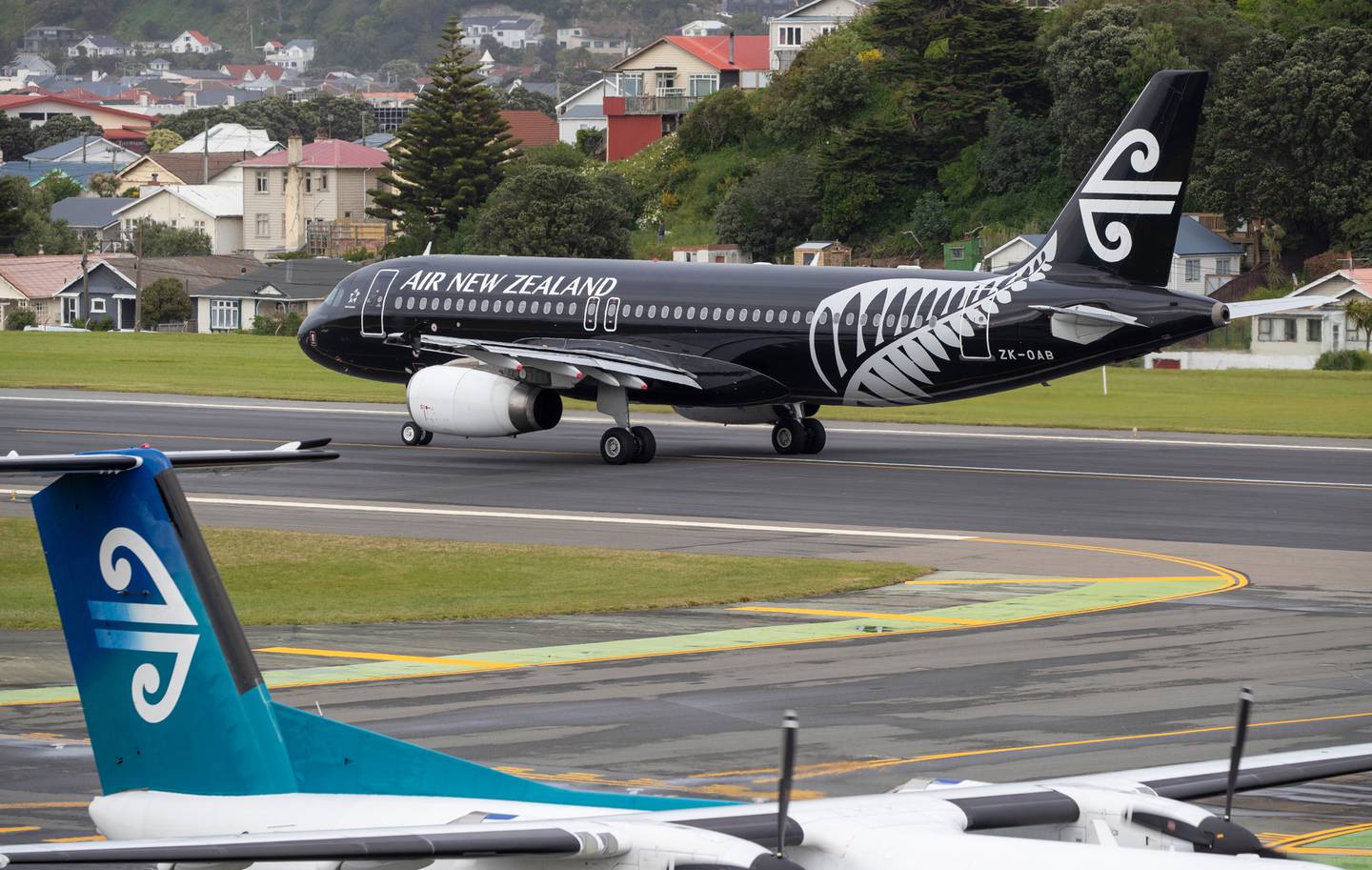
Thousands of stranded Kiwis have had their hopes of returning home next month dashed after the Government delayed reopening the border by six weeks amid the growing threat of Omicron overseas.
As infections of the new variant explode internationally, a suite of measures were announced yesterday to stave off a homegrown incursion and protect New Zealanders, including border setting changes, approving the vaccine rollout for children and cutting booster shot wait times.
At least 27,000 people will have travel plans overturned with an extension of the MIQ system labelled soul-crushing by the tourism sector, and sad but necessary by others.
The January 17 phased border changes, which would have seen fully vaccinated Kiwis travelling from Australia allowed to skip MIQ and self-isolate at home, have now been postponed to at least the end of February.
However, another milestone will be brought forward.
The interval from second jab to booster was reduced from six months to four, and more than 80 per cent of vaccinated people will be eligible for the third shot by the end of February.
Omicron is widely thought to be a very fast-spreading variant but there is no consensus yet on its severity.
The border changes announced at yesterday's Beehive press conference are designed to buy time before Omicron is eventually found in the community here.
Though only 28 community cases of Covid-19 were recorded yesterday, 22 cases of Omicron have already been picked up in MIQ.

Barbara Wheater feels "stuck in a dome" like in The Truman Show after "never ending" changes to New Zealand's borders. Photo / Supplied
One of those affected by yesterday's announcement is Barbara Wheater. She told the Herald she arrived in Australia in May, intending to stay for six months to care for her injured daughter and son-in-law.
But the Paeroa woman says she now feels "stuck in a dome" like in The Truman Show after "never ending" changes to New Zealand's borders.
"I feel very deflated because I was built up to be going home on the 18th [of February]. I had plans to stay with friends."
She said there were only two Covid-19 cases in Perth, which made the border delay even more frustrating.
Following the announcement, Air New Zealand confirmed it would cancel about 120 services affecting 27,000 passengers.
"While this news is disappointing for the airline, we know these changes are put in place to keep Aotearoa safe," chief executive Greg Foran said.
Fares could be held in credit or customers could change flights booked before June 30 with change fees waived.
Tourism Export Council chief executive Lynda Keene said thousands of people in Australia who'd booked a ticket home from January 17 must now put their lives on hold again.
"What an emotional rollercoaster again that will be crushing the souls of Kiwis and their loved ones here in New Zealand."
She said the Government was being overly cautious. Airline staff who'd looked forward to Christmas now had to work extra hours to rebook or cancel tickets for countless distressed travellers.
She added: "What is the use of the country busting a gut to get over 90 per cent fully vaccinated if we don't even give the vaccine a chance to do its job?"
Meanwhile, the next MIQ room release lottery planned for midday today has been cancelled, and no new rooms will be released until January 6 - further dashing the hopes of stranded travellers.
Justin Tighe-Umbers from the Board of Airline Representatives (Barnz) said pushing out the border and self-isolation option was "heartbreaking".

Air New Zealand said 27,000 customers were affected by the Omicron border re-opening delay. Photo / Mark Mitchell
Apart from the effect on families and people unable to reconnect for nearly two years, it was a huge blow to the tourism sector, he added.
"Barnz is disappointed in the decision to delay opening the border, but understands why it has been taken," he said.
Covid-19 Response Minister Chris Hipkins said New South Wales expected 25,000 daily cases a day by January 31.
"Opening the border in mid-January as planned simply presents too high a risk at this point."
Hipkins said because Omicron was so transmissible, if community transmission happened, authorities might in places have to use the red traffic light setting.
It was not an intention to use lockdowns, he added. But if a lockdown-type measure was needed, the Government's preference was for any shutdowns to be highly targeted.
University of Canterbury Professor Michael Plank, a Covid-19 modeller, said measures announced yesterday would help protect New Zealanders' health from Omicron.
"Going ahead with border reopening plans in January, even with the home isolation scheme, would mean that Omicron would almost certainly get into the New Zealand community within weeks, if not days," Plank told the Herald.
The Government yesterday also announced doses of the Pfizer vaccine will be available, but not mandatory, for children aged five to 11.
Hipkins said rollout of the child version of the Pfizer vaccine will start from January, before children return to school.
Ministry of Health chief science advisor Dr Ian Town said experience overseas and evidence showed the interval between second shot and booster should be shortened, so people get the boost before winter.
Studies also show that a third shot gives people greater protection from Omicron.
The National Party was largely positive about the booster shots initiative.
Covid-19 response spokesman Chris Bishop said Australia had adopted a five-month gap and the United Kingdom had gone to three months.
"I had my booster dose yesterday and I encourage everyone to go and get one as soon as they are eligible."
But Bishop said the Government should better publicise boosters, with a "three shots over summer" message.
The rollout for paediatric vaccines had been too slow, he said.
"A real opportunity to get kids vaccinated in school-based settings before Christmas has been missed."
Act leader David Seymour said the Government must outline exactly what it will do in the next month to ensure New Zealand is better prepared for Omicron.
"Once Omicron is out, it will spread faster than Delta. We are going to end up in the same place, with widespread Omicron in New Zealand, sooner or later," he said.
"The Government needs to explain why the costs of delay in reconnecting with the world are justified."
The Green Party said in the rollout of children's vaccines, the specific needs of Māori and Pacific providers should be prioritised.
The party's Covid-19 response spokeswoman Dr Elizabeth Kerekere said due to previous rollout failures, Māori were far less protected than other population groups.
- by John Weekes and Katie Harris, NZ Herald
Take your Radio, Podcasts and Music with you








